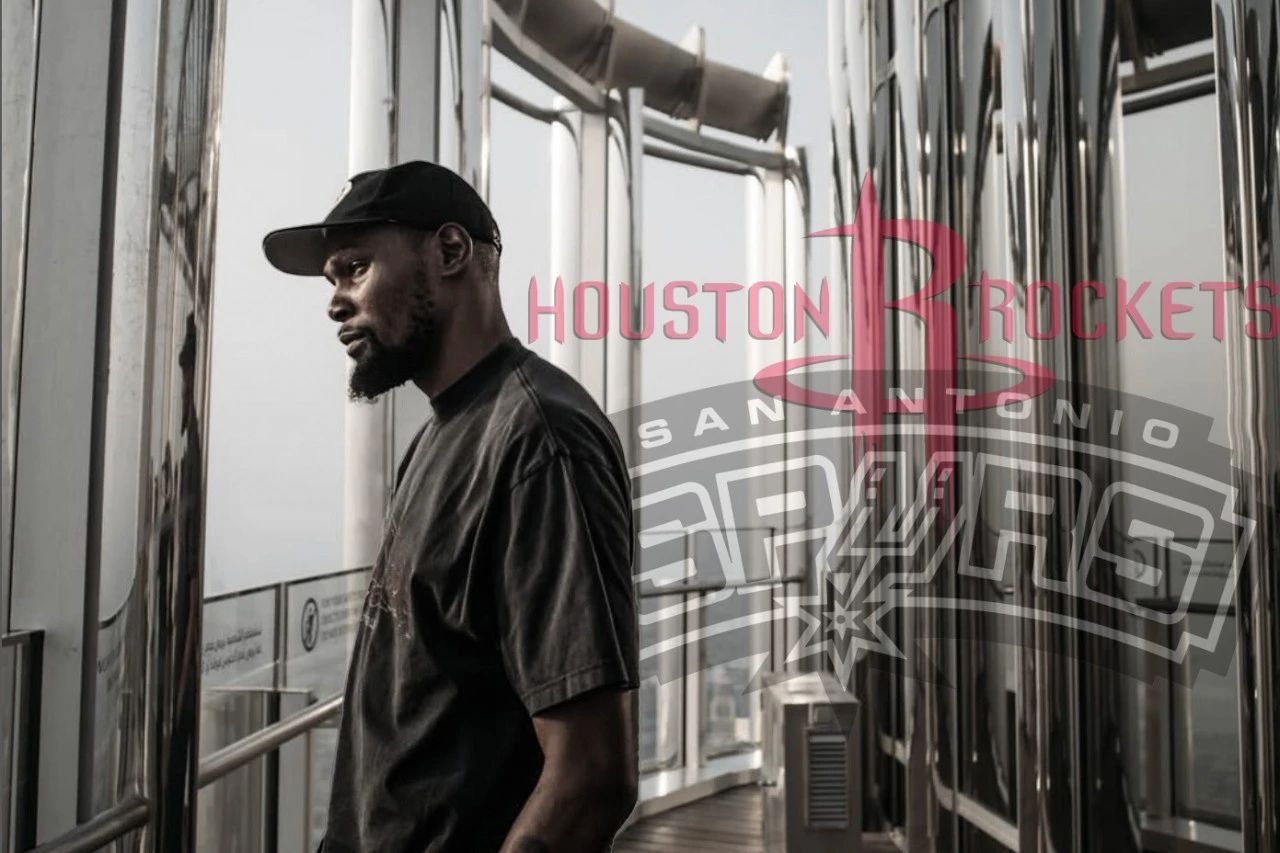Rumors that Durant was heading to the Spurs once spread like wildfire, but they’ve cooled off in recent days. This is hardly surprising—until Giannis clearly decides his next move, Durant’s destination remains uncertain. Both Giannis and Durant are championship-winning superstar players who can help teams claim titles, but Giannis, over six years younger than Durant, is the biggest fish in this year’s free agency market, with Durant a close second.
Let me draw an analogy: The Rockets need a superstar of this caliber to push them deeper into the playoffs or even win a championship. But signing Giannis versus Durant represents a fundamental difference in team planning. If they bring in Giannis, it’s like handing him the driver’s seat—”Alright, this team is yours now. The next four to five years are in your hands, and you’re in control.” Signing Durant, however, is more like inviting him to the passenger seat—”Thanks for joining us, boss. Buckle up, and let’s hit the road.”
The core difference lies in long-term planning. Giannis’ youth allows for decades-long strategies, while bringing in 37-year-old Durant is a short-term play. Durant controls his own destiny, and that has nothing to do with his remaining $54.7 million contract. He calls the shots whether he’s under contract or not. During this year’s trade period, the Suns nearly dealt him to the Warriors, but he refused, stating, “At my age, I need to dictate my own future.” While it sounded like he was avoiding a Warriors reunion, the truth is he simply doesn’t want to be traded to any team—willing or not—without his consent.
The only thing Durant can’t control is how teams prioritize him versus Giannis. His age is an unchangeable reality. Is joining the Rockets a good move? Sure. What about the Spurs? Also good. But whether he ends up in Houston or San Antonio depends on whether these young teams prioritize short-term goals or long-term visions. If they place Giannis first, his decision will ripple through theirs—and ultimately, Durant’s.
Right now, Giannis’ intentions are completely unclear. He’s never explicitly stated whether he’ll leave the Bucks, and the Bucks haven’t hinted at rebuilding during Lillard’s injury-riddled season. Instead, mixed signals suggest they might stay put or wait for Giannis to speak first. Until Giannis clarifies, all rumors are just noise—even if the Suns and Spurs are reportedly in talks, San Antonio could pivot, and Houston is no different.
The Spurs face a tougher call than the Rockets. With the No. 2 pick, if the Mavericks take Dariq Whitehead as the first overall pick, Dylan Harper would be next in line. Beyond the No. 2 pick, they also have the 14th pick in the first round, but more options mean tougher choices. The Spurs are further along in their rebuild than the Rockets: They already have Fox and Barnes (though both are in their final year), plus a deep young core around Victor Wembanyama. To land Durant while keeping the No. 2 pick, they’d need to part with reliable young players like Devin Vassell or Jeremy Sochan. Signing Durant would require immediate success within two years—not just making the playoffs, but winning a title. So, is Dylan Harper part of that championship puzzle, or is he a long-term investment?
The Rockets have a simpler choice: stick with the current roster or add Durant. After a seven-game first-round battle with the Warriors, they need just one superstar of Giannis/Durant’s caliber to go further. Rockets GM Stone’s patience during the trade period shows he’s not desperate for quick wins, giving Houston a longer-term vision than teams like the Suns. They also hold the Suns’ 10th pick this year, plus potential first-round swaps in 2027 and 2029, making direct talks easier.
The Rockets aren’t short on young talent either. After seven playoff games, they’ve likely identified future contributors—Amen Thompson has sky-high potential, while Jalen Green or Alperen Şengün could become trade chips. Ultimately, Houston will stick to their defensive identity, manage salaries carefully, and build steadily. That means they won’t rush; instead, they’ll monitor the market, especially Giannis’ moves.
No matter where he goes, Durant will likely follow Jimmy Butler’s path: sign a two-year, $100+ million extension next season, his contract year. When that new deal ends, he’ll be three months shy of 40. But he’s still dominant—averaging over 26 points, shooting 43% from deep and 57.4% from two, and playing 35 minutes a night, similar to LeBron James at 39. Even accounting for age-related decline, he’ll still be a force at 40.
Sooner or later, either the Spurs or Rockets will land him. Heck, rumors say the Timberwolves are interested, and even the Celtics—after a down year from Jayson Tatum—could be in the mix.
Bottom line: Don’t jump to conclusions just yet.
